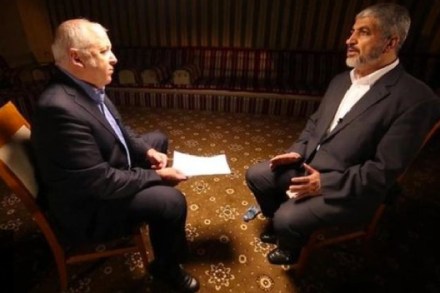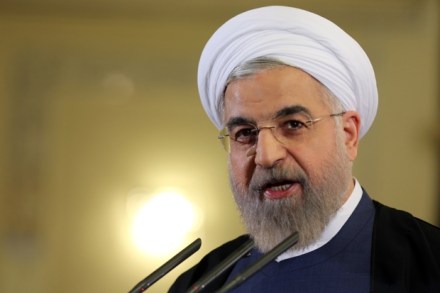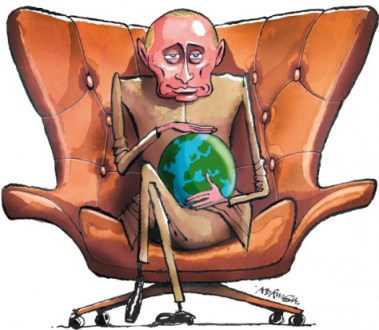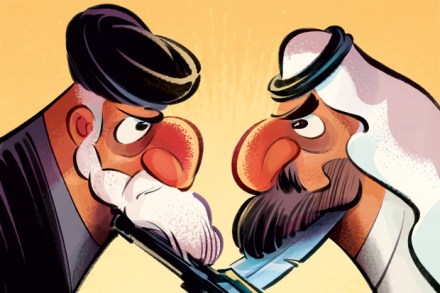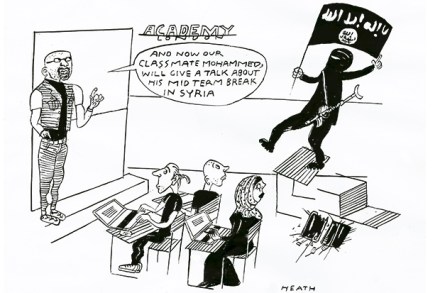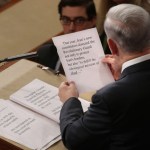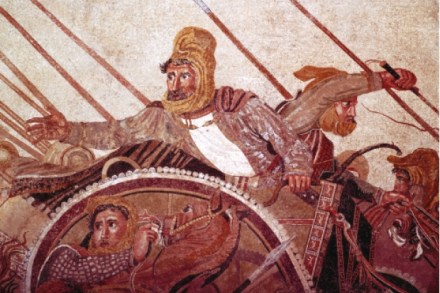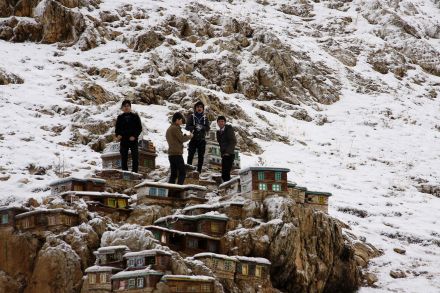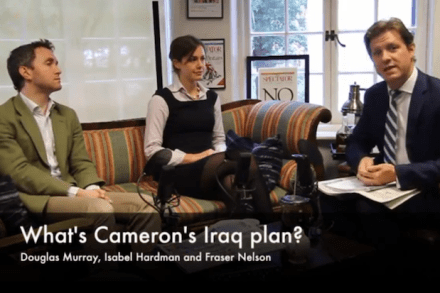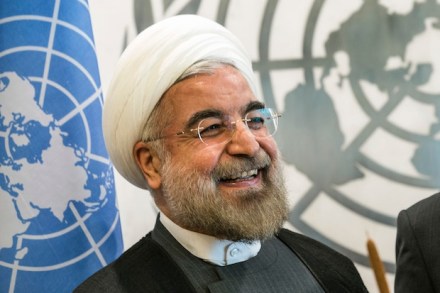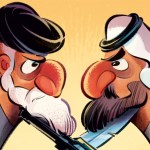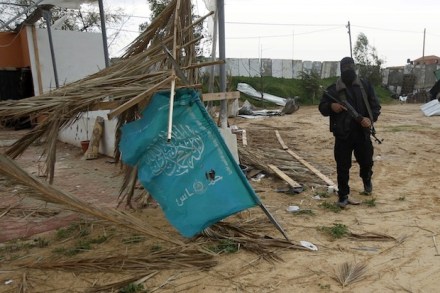Why wasn’t the head of Hamas properly cross-examined during his BBC interview?
When journalists have the much sought after opportunity to interview the heads of states and organisations with appalling human rights records the very least we expect is to see such people given a thorough cross-examining. What we don’t expect is for heads of terrorist organisations to be provided with a platform from which to give the equivalent of a party political broadcast and to get away with it virtually unchallenged. And yet that is precisely what we got when the BBC’s Middle East correspondent Jeremy Bowen recently interviewed Khaled Meshaal, the head of Hamas. Hamas leader Meshaal warns of Israeli ‘extremism’ after elections, reads the baffling headline that accompanies Bowen’s
